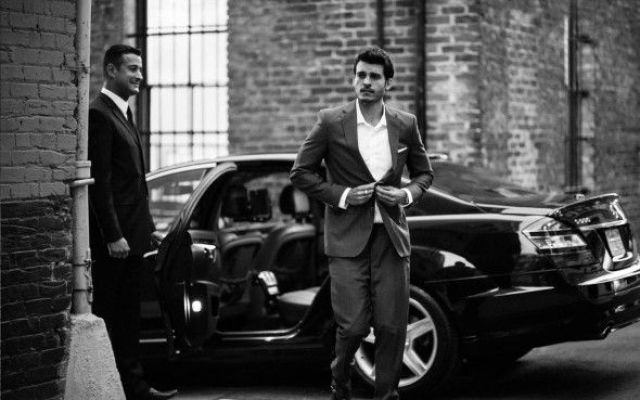
At the end of last month, the explosively popular ride-sharing app Uber reached a major milestone. The company ended its most recent funding push with a valuation of $51 billion dollars. This means that the app sped past the $50 billion mark almost two years sooner than Facebook: Uber is just five years old, while Facebook took almost seven to reach the same mark.
This puts Uber in the ring for the title of “most valuable venture-backed startup in history”. Facebook was the only other company in history to reach $50 billion before going public, and Uber beat them to the mark. Part of this success has come from the skill of founder Travis Kalanick. Investors in the company include the founder of Amazon and owner of the Washington Post Jeff Bezos, the founder of Napster and investor in Facebook Shawn Fanning, founder of Eventbrite Kevin Hartz, and founder of Yelp Jeremy Stoppelman. Other significant stakeholders include tech giant Microsoft at home and Indian media conglomerate Bennett Coleman & Co. abroad.
Uber has no intention to pump the brakes, either. Mr. Kalanick has said that the company intends to invest over $1 billion in China in the coming year. In a country with 500 million smartphone users, Uber faces competition from Didi Kuaidi, a Chinese ride share company formed by the merger of China’s two largest taxi-hailing companies. While this will be a challenge, this competition can only be good for Chinese ride-share users who will see better service and prices just like they do in the United States.
Uber is hardly unused to facing opposition. New York City mayor Bill De Blasio recently attempted to put a cap on the number of driver-partners that Uber could team up with in the city. Uber wasted no time in firing back by creating a “De Blasio” mode that alternately showed a 25 minutes wait time (in my experience it never takes more than 5) and no cars available at all. Instead of ordering a car, the option allowed users to send an email to the mayor and city council to protest the move. Although he tried to save face by saying the cap was still “on the table”, De Blasio quickly backed down.
There’s no doubt about it: Uber has been and continues to be a booming success, showing just how powerful the sharing economy is in 2015. As long as government stays out of the way, Uber will continue to put the pedal to the metal.

